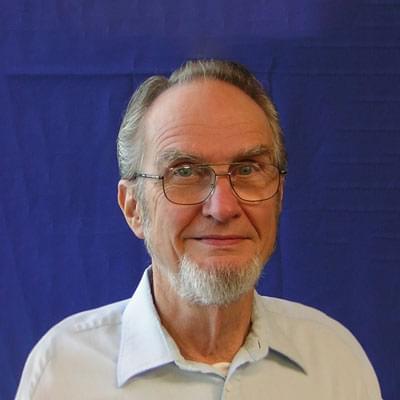Dr. Willard Wells
Willard Wells, Ph.D. is author of Prospects for Human Survival, Second Edition and Apocalypse When?: Calculating How Long the Human Race Will Survive.
Willard’s predictive approach relies on simple and intuitive probability formulations that will appeal to readers with a modest knowledge of mathematics and statistics. His carefully erected theory should serve as the basis of many rational predictions of survival in the face of man-made hazards, mostly from high-tech such as genetic engineering and robotics. Compared to these, hazards that are entirely natural, such as asteroid hits, are practically negligible.
Any formula for predicting human survival will invite controversy. He counters anticipated criticism with a thorough approach in which four lines of reasoning are used to arrive at essentially the same survival formula. One uses empirical survival statistics for microcosms, especially business firms and stage shows. Another is based on uncertainty of risk rates. The third, more abstract, invokes Laplace’s principle of insufficient reason and involves an observer’s random arrival during the lifetime of the entity (the human race) in question. The fourth uses Bayesian theory.
Willard worked at the Caltech Jet Propulsion Laboratory from 1957 to 1967 where he founded the Quantum Electronics group and was co-inventor of the satellite de-spin mechanism. He worked at L-3 Photonics from 1967 to 1994 (formerly Tetra Tech) where he worked on applied physics, optics, and fiber optics.
His patents include Satellite spin control and Security system with randomly modulated probe signal.
Willard earned his Ph.D. in Theoretical Physics and Mathematics with the dissertation Quantum Theory of Coupled Systems Having Application to Masers at the California Institute of Technology (Caltech) in 1959 where his advisor was Richard Feynman.
